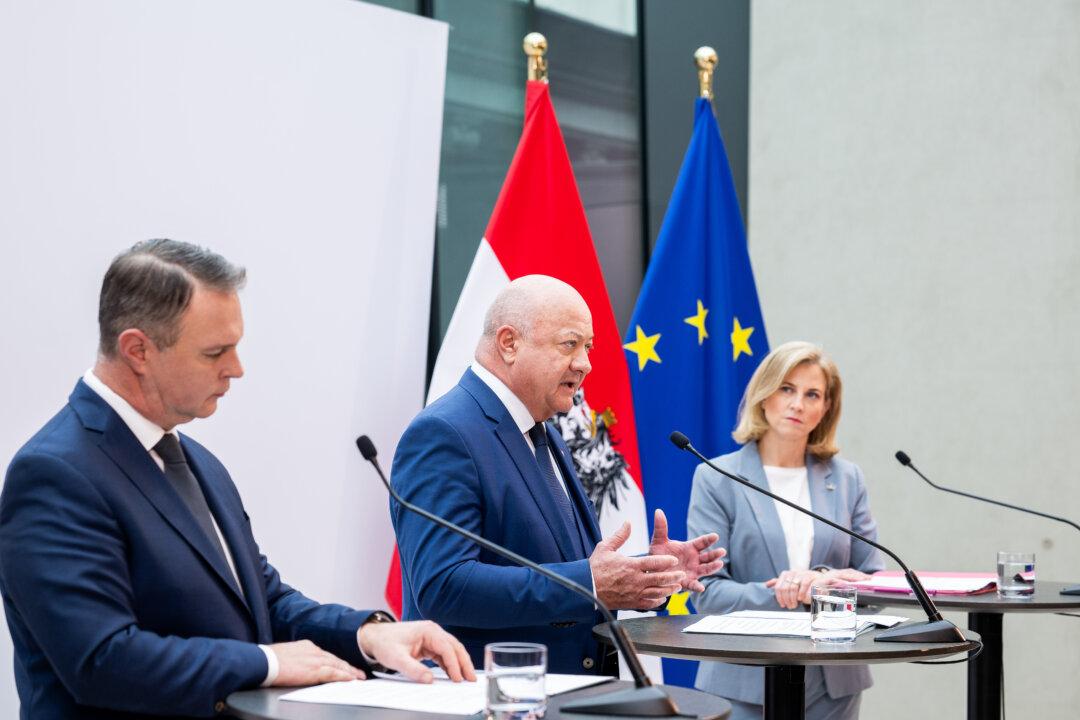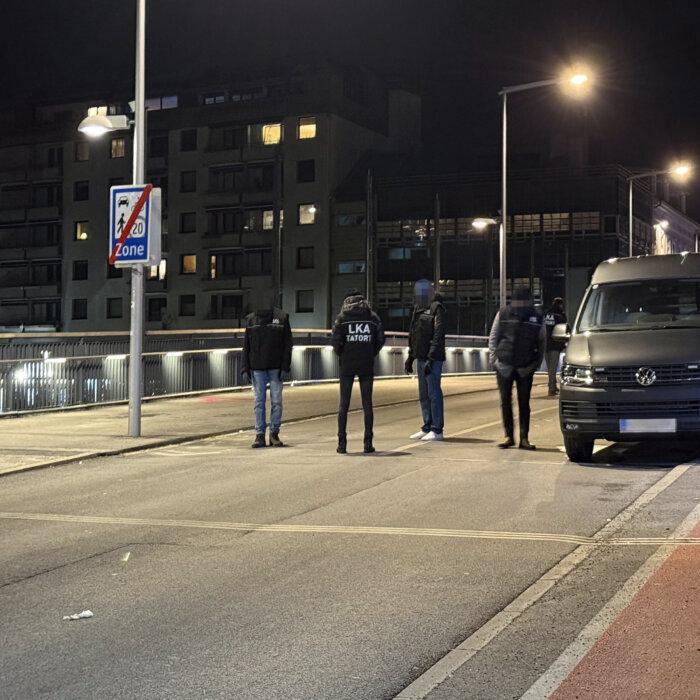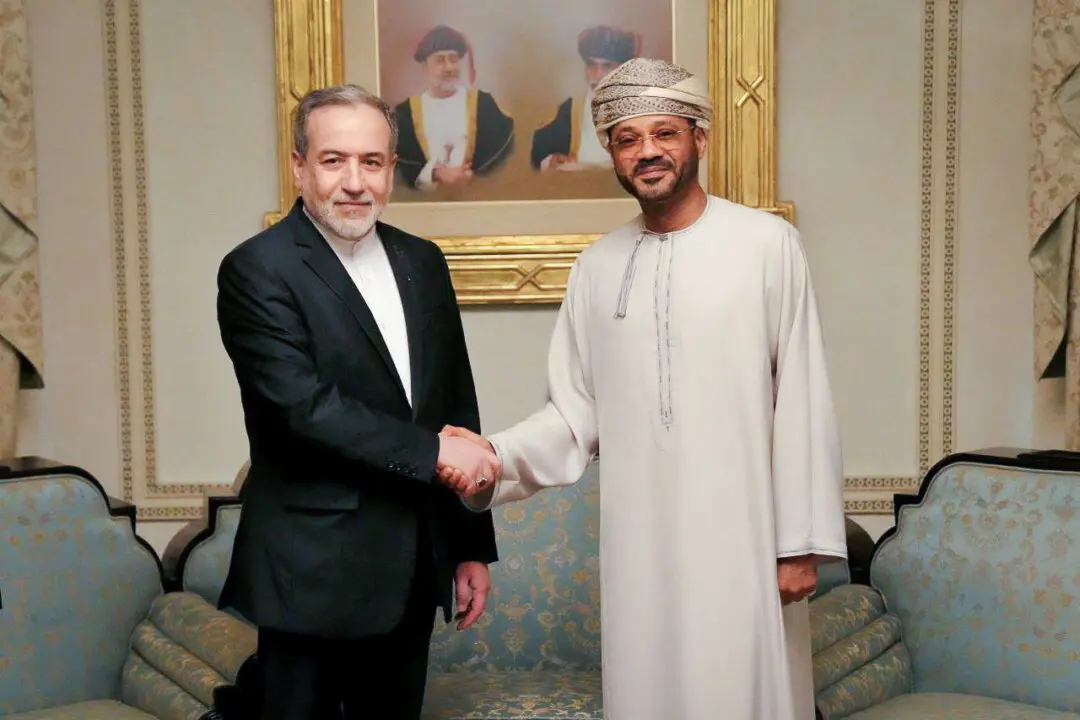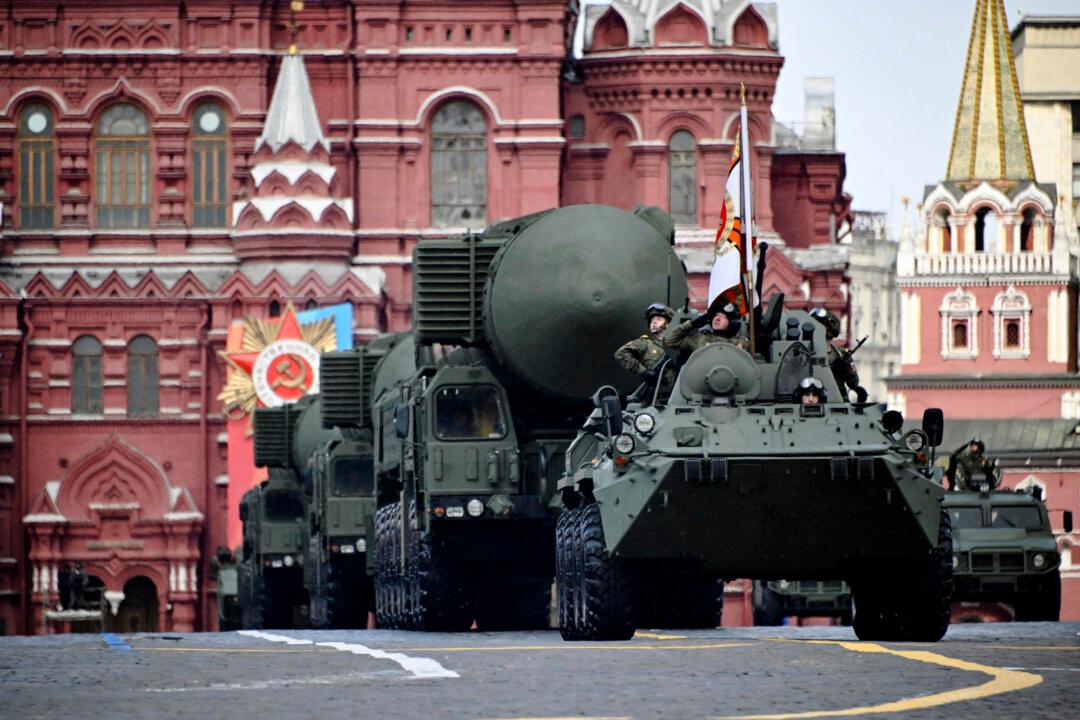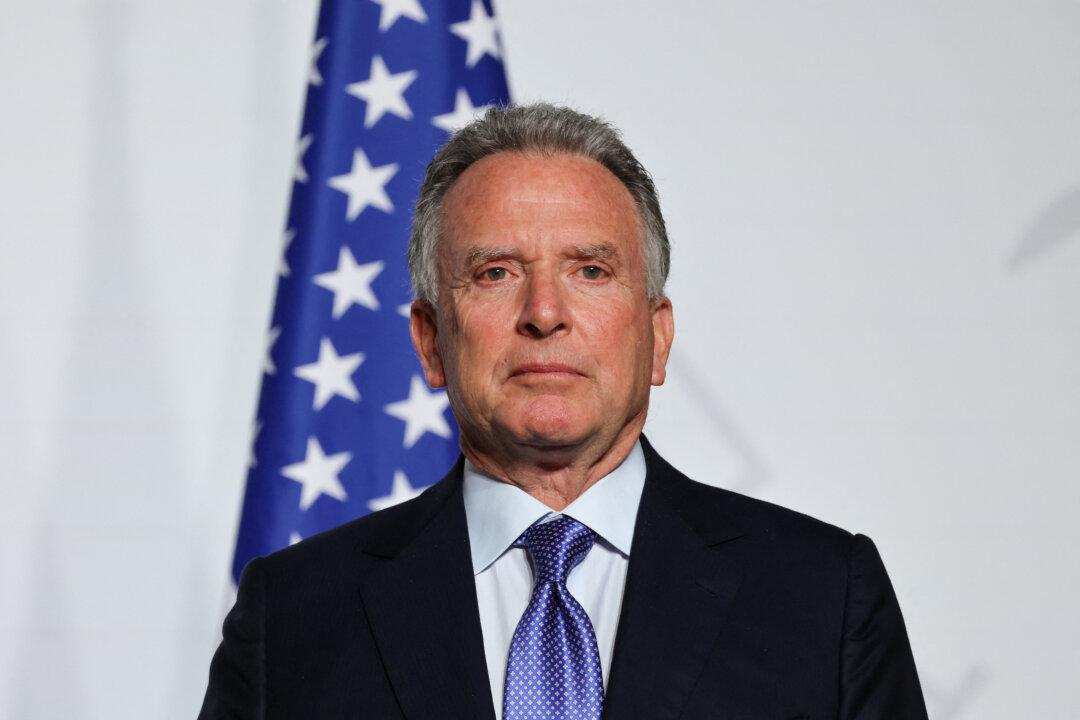Three centrist parties in Austria have reached a deal to form a coalition government without the right-wing Freedom Party (FPO), five months after the FPO won the most votes in the parliamentary election.
The deal between the conservative People’s Party (OVP), the Social Democrats (SPO), and the liberal NEOS party brings to a close the longest wait for a new government in Vienna since the 1940s.
The parties first attempted to form a ruling coalition after the September 2024 election, but that effort collapsed in January, forcing the resignation of then-Chancellor Karl Nehammer of the OVP.
The euroskeptic FPO was then given the chance to form a government.
The FPO and OVP have previously worked in government together, but never with the former as the senior partner in a coalition.
The three-party government—the country’s first tripartite coalition since the late 1940s—is due to take office next week, provided that all parties sign off on the deal.
OVP leader Christian Stocker is to become chancellor, and SPO leader Andreas Babler will take over the post of vice-chancellor.
The biggest obstacle to this plan will be a vote of members of the liberal NEOS party on March 2, in which a two-thirds majority is required for passage.
FPO leader Herbert Kickl has dismissed the centrist triumvirate as a “coalition of losers” and called for a snap election.
“The first message this government has is ‘We are not Herbert Kickl, we prevented Herbert Kickl (from becoming chancellor)’,” political analyst Thomas Hofer told Reuters.
“That’s something, but it isn’t a forward-looking narrative.”
Hofer said the coalition would likely need to produce more than that program to survive the five-year parliament.
Announcing the agreement, Stocker said that the challenges facing Austria are “historic and far-reaching,” pointing to the war in Ukraine, a budget nearing breaking point, and heavy pressures from high levels of illegal immigration.
“Should the number of asylum applications increase, we reserve the right to impose an asylum freeze,” Stocker said.
One of the first orders of business from the three parties planning to form the coalition was to set out their plans to avoid facing a European Union procedure for running an excess budget deficit, with measures including an increased levy on banks, on Feb. 27.
The coalition program presented by the parties envisaged increasing an existing banking tax so that it will bring in a purported 500 million euros (about $520 million) annually in 2025 and 2026, and extending a windfall tax on energy companies to bring in an estimated 200 million euros (about $208 million) a year.
